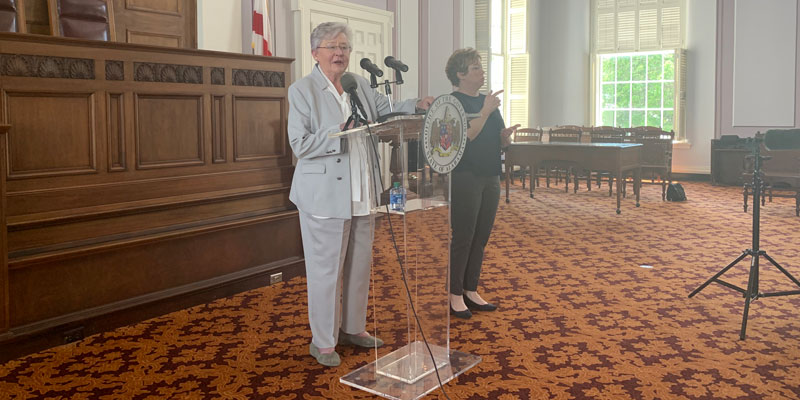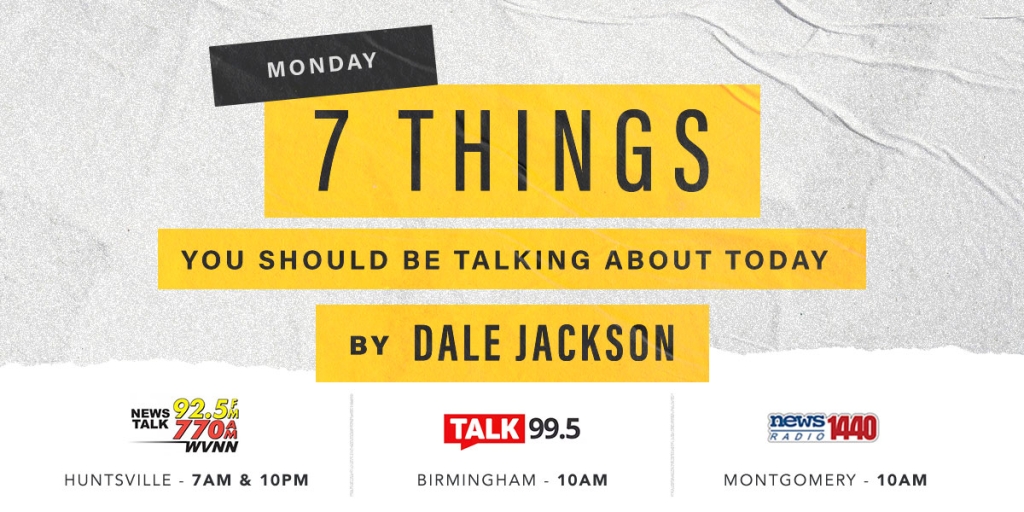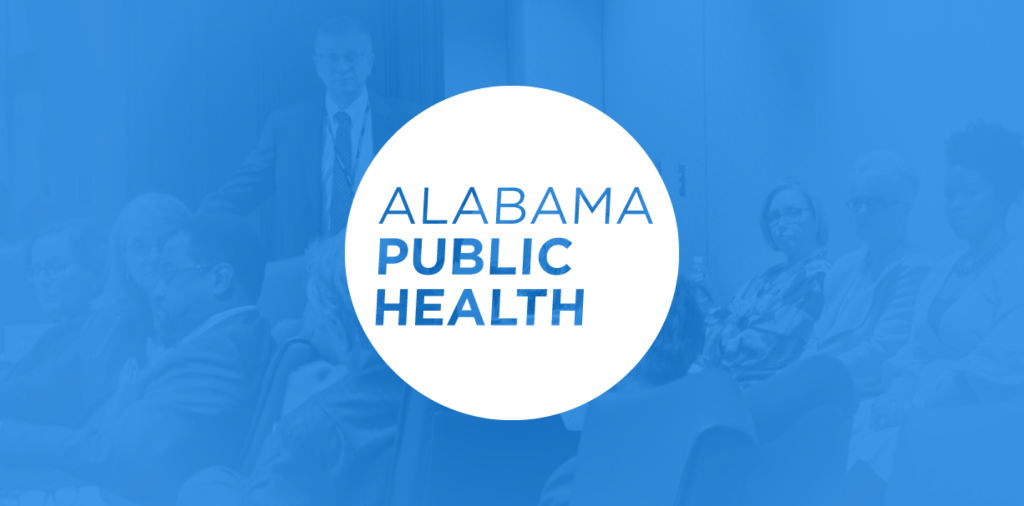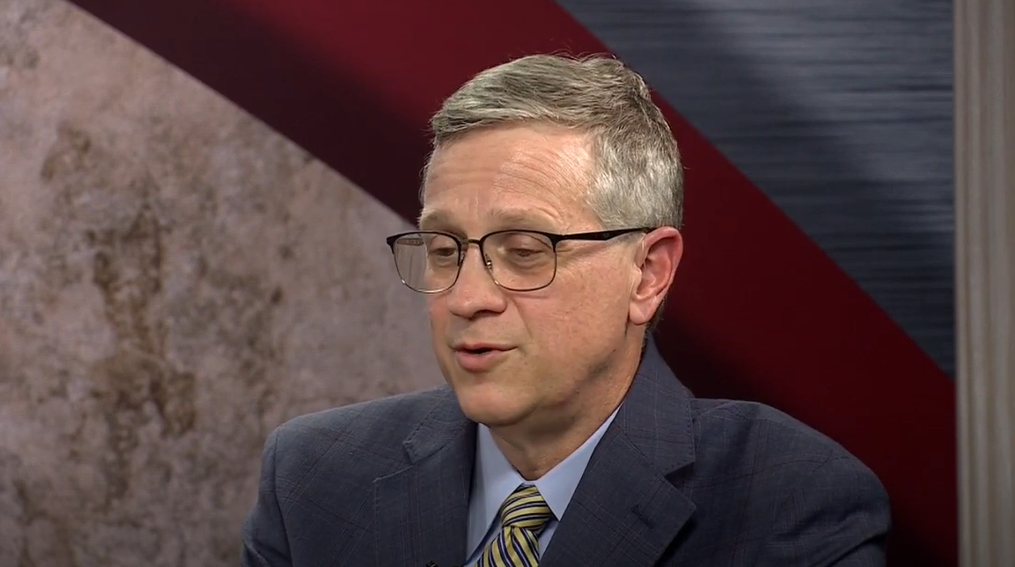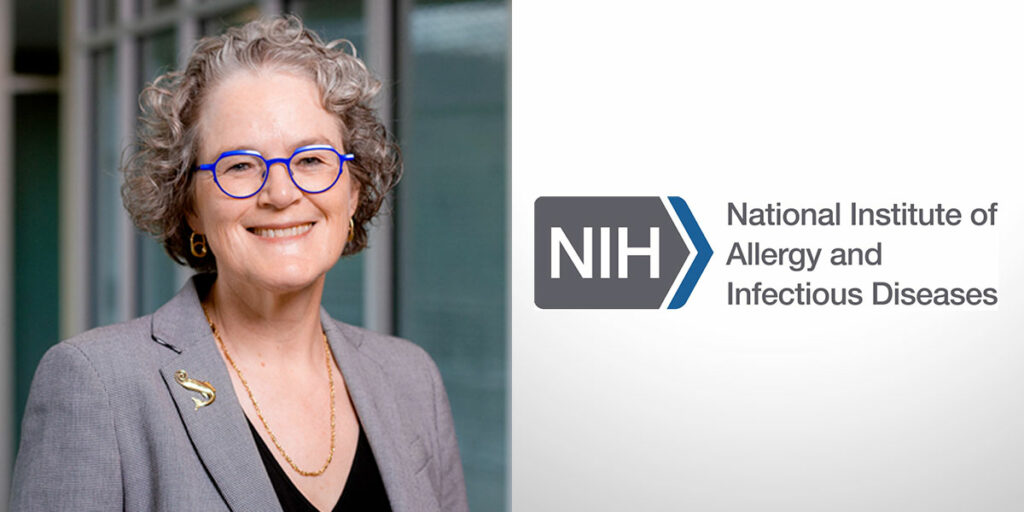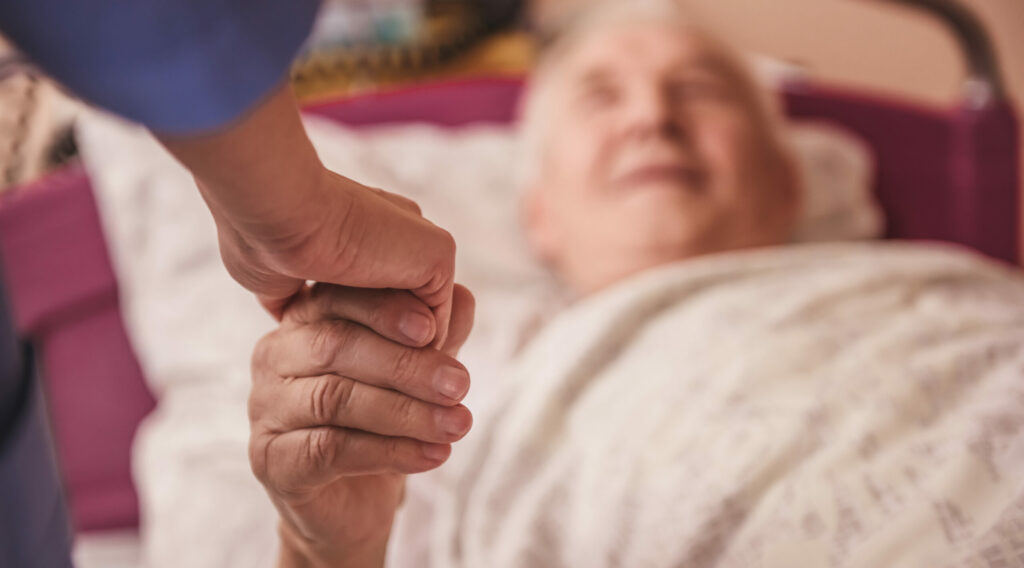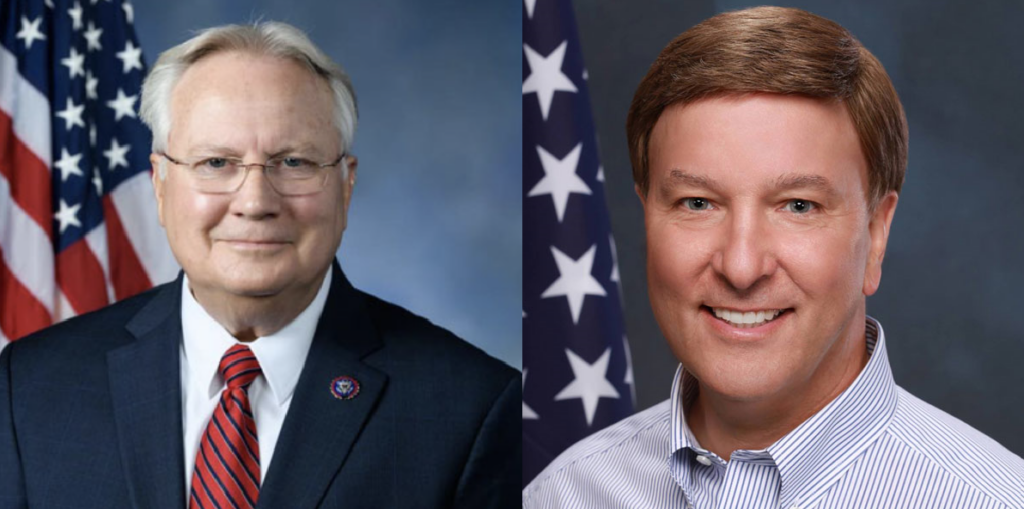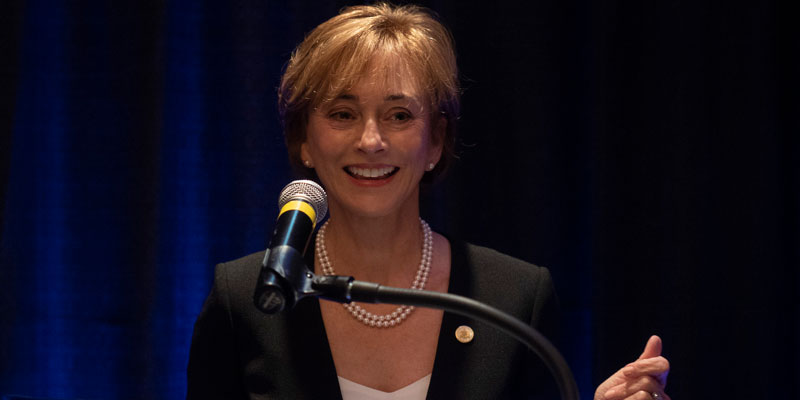MONTGOMERY — Governor Kay Ivey on Thursday announced an amended Safer-at-Home Order that will take effect Friday, May 22, 2020 at 5:00 p.m. and expire on Friday, July 3, 2020 at 5:00 p.m.
Ivey made the announcement in a press conference alongside State Health Officer Dr. Scott Harris.
The latest order further relaxes restrictions on the type of establishments and activities allowed to reopen amid the coronavirus (COVID-19) pandemic.
Strict social distancing and sanitation requirements continue.
Governor Ivey has amended the State Health Order.
She is opening (with precautions):
Beginning May 22 at 5
Movie theatres
Bowling alleys
Summer camps
Museums, aquariums, etcJune 1:
SchoolsJune 15:
Athletic competitionsAlll subject to strict health and safety guidelines. pic.twitter.com/omJwUo6Sqs
— Henry Thornton (@HenryThornton95) May 21, 2020
You can read the order here and you can view an infographic on the latest changes here.
Additionally, Ivey issued a new supplemental state of emergency detailing that Alabama’s COVID-19 protections against evictions will end on June 1.
This is breaking news and will be updated.
Update 4:53 p.m.:
Ivey’s updated order opened the last of the businesses that were forced to close by the state. Beginning Friday at 5:00 p.m. almost any institution that stays closed due to COVID-19 is doing so of their own volition.
The exceptions are schools and athletic competitions, which open in June.
Governor Ivey on Tuesday remarked that Alabamians need to “live with the new normal of incorporating COVID-19 precautions into our routine.”
Both Ivey and State Health Officer Dr. Scott Harris said that even though they were lifting some restrictions, they still believe citizens are safer at home.
The key continuing piece of the State Health Order is that all businesses must keep members of the public six feet from one another, with exceptions for groups that arrived together.
The governor did not relax any of the current behavioral restrictions on what can take place inside already opened businesses. For instance, restaurants and retailers can still only allow 50% of normal capacity on their premises at any one time.
The current rules for hospitals and nursing homes were not changed by the updated health order.
“Our numbers are not as good as we would hope,” said Ivey near the beginning of her remarks about the current COVID-19 caseload in Alabama.
“It is something we’re going to keep a strong eye on in the coming days and weeks,” continued Ivey.
The governor further noted that no COVID-19 patient has lacked for a ventilator and no hospital has been overwhelmed.
“You can’t have a life without a livelihood,” Ivey added later in her remarks.
The types of businesses opened by the governor in her Thursday announcement have strict rules they are required to follow.
Entertainment venues must not allow groups to congregate within six feet of each other and are limited to 50% of normal capacity. All entertainment venue employees must wear masks.
The State of Alabama defines entertainment venues as “bowling alleys, arcades, concert venues, theaters, auditoriums, performing centers, tourist attractions (including museums and planetariums), race tracks, commercial or public playgrounds, adult entertainment venues, casinos, and bingo halls.”
“We’re going to continue putting personal responsibility on each and every individual citizen,” Ivey advised, noting that responsibility extended to business owners and faith leaders.
Sports teams are allowed to begin practicing and training together starting Friday at 5:00 p.m.
From May 23 until June 14, teams can practice but may not compete against other teams. Restrictions such as mandatory mask wearing for coaches and a ban on high fives will be in place.
Beginning June 15, teams can compete against each other in their venue of choice, but health precautions remain in place.
“Reopening Alabama only works if we all cooperate,” warned Dr. Harris.
Harris also noted the school openings allowed on June 1 will mostly affect technical programs such as aviation academies and other highly specific institutions. He referred the public to State Superintendent Eric Mackey for plans on how the public school system would reopen in the fall.
Accompanying the openings are new and extensive public health guidelines issued by the Alabama Department of Public Health.
The guidelines do not carry the weight of law, but are strongly suggested as best practices. ADPH consulted with industry groups and the CDC in creating the lists.
Ivey also announced Tuesday a deal struck between the Alabama Department of Public Health and tech companies Apple and Google to create a contact tracing smartphone app.
The app will use Bluetooth technology to let someone know if they have come near someone who has tested positive for the coronavirus and will not communicate any user’s GPS location.
Harris said he expected rotating hotspots of COVID-19 to appear around the state, but maintained confidence that Alabama’s hospital system was equipped to handle such situations.
When asked about the state’s current testing capacity, Ivey responded that she thinks the state “can’t ever do too much testing.” She noted that the percentage of tests coming back positive has decreased.
Dr. Harris appeared unphased when asked about the shortage of ICU beds in Montgomery that Mayor Steven Reed discussed on Wednesday.
“Hospitals frequently have issues like this, and they generally do work those issues out between themselves … transfers to Birmingham from Montgomery are not very unusual,” Harris remarked.
He further noted that ICU capacity can be expanded when needed by reclassifying certain beds and areas of the hospital.
Ivey in the past has said that reopening Alabama would be based on “data not dates.” At the press conference on Thursday she was asked about those comments in relation to Alabama’s slightly increasing number of new daily coronavirus cases.
“Standing by and letting our businesses collapse while we’ve got hundreds of thousands of folks that are hurting and suffering is not an option. So we’ve got to keep our businesses open and keep our people working,” Ivey responded.
“You’ve got to have a balance between looking after the people’s health and also the economic health. There has to be a balance,” she concluded.
See guidelines for various industries below:
Guidelines for Entertainment Venues and Tourist Attractions
Guidelines for Day and Overnight Youth Summer Camps
Henry Thornton is a staff writer for Yellowhammer News. You can contact him by email: [email protected] or on Twitter @HenryThornton95




